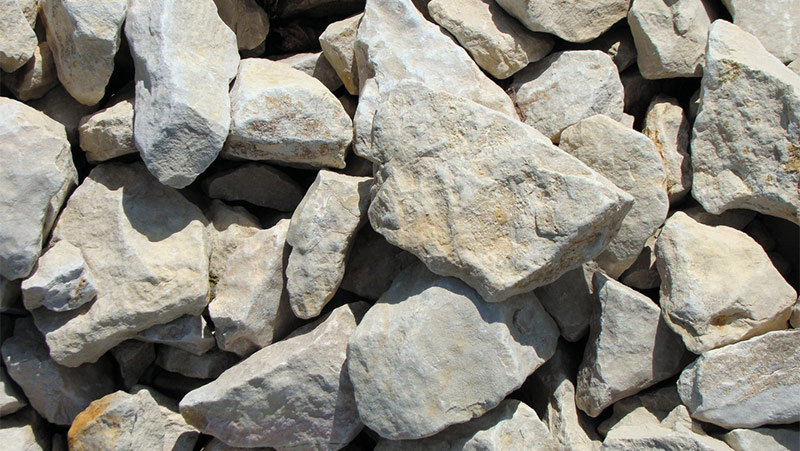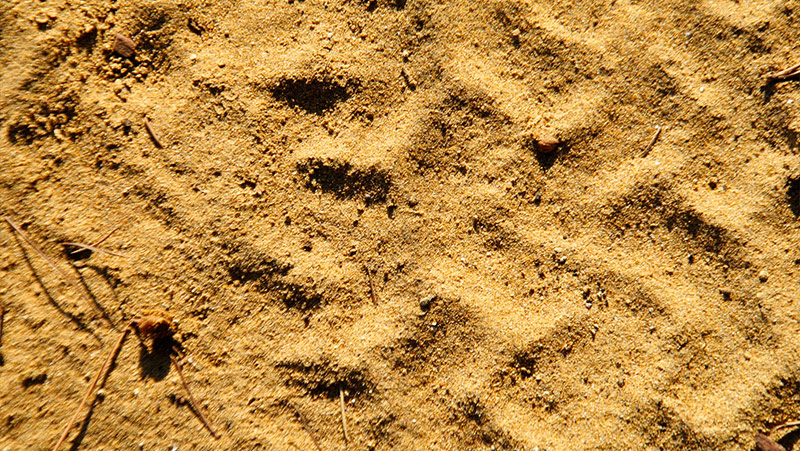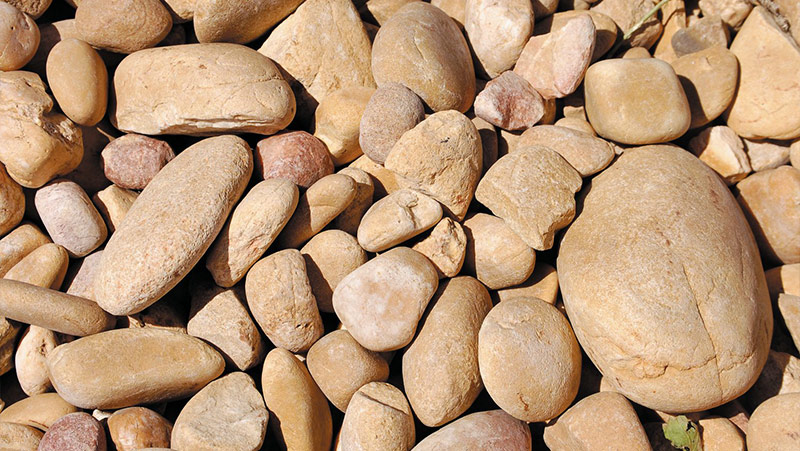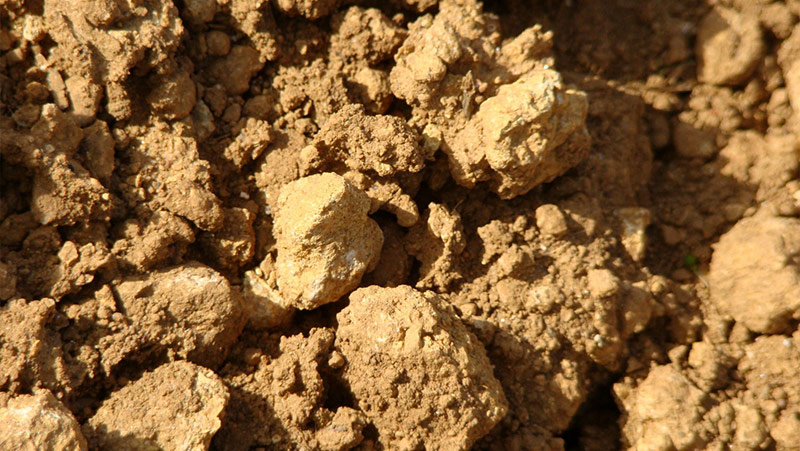- Appellation
Explore the appellation
- Winemakers
- Winetourism
Visit the appellation
- Biodiversity
Explore biodiversitY
Standing at 120 meters above sea level, backed on its western side by the Lampourdier Massif, the territory of the Châteauneuf-du-Pape AOC proudly rises in the heart of the Comtat Venaissin plain. Located midway between two prestigious cities, Avignon and Orange, it is situated in the Vaucluse department. A short distance away, the left bank of the Rhône River reminds us that the history of this vineyard is intimately linked to that of the river.
Thousands of years ago, the inland seas of the secondary and tertiary eras deposited successive layers of sediment, which now form the subsoil of the vineyard. Then, under the influence of the Quaternary glaciations, the Rhône River embarked on a wild race. Destroying everything in its path, it managed to tear blocks of stone from the flank of the Alps. Polished by water, this Alpine diluvium was deposited in places where the current slowed down, notably in Châteauneuf-du-Pape.
While round pebbles are the hallmark of the appellation’s terroir, it is the diversity of soils that takes precedence. To the west, there are soils of hard limestone rocks with clay subsoils, or formed of molassic sandstone, and to the east, sandy soils formed by the retreat of the Rhône, which extend between wooded areas and rocky plateaus. To craft their wine, winemakers leverage this diversity by combining different terroirs or, conversely, by selecting only one for a particular cuvée.
Round pebbles have the unique quality of radiating back the heat absorbed during the day to the grape clusters. They contribute to the perfect ripening of the berries. They also prevent the development of certain diseases, as water evaporates upon contact with them. The subsoil is often composed of red clay. To draw water, the vine can root itself up to three meters deep. This is why ‘old vines’ contribute to obtaining grapes of higher quality.




INSPIRED BY GEORGES TRUC’S RESEARCH
Download the terroir map inspired by the works of Georges Truc – geologist and hydrologist, professor-researcher at the Claude Bernard University of Lyon (1965-2005) – for his book published in 2022, ‘Châteauneuf-du-Pape, geological history & birth of terroirs.’
This map details, at the parcel level, the soils of the appellation according to the different geological periods that compose them: the Cretaceous for limestone formations; the Tertiary for saffre, sand, and sandstone formations; and finally, the Quaternary for terrace formations of quartzite pebbles (Würm or Villafranchian).
hot, dry, arid, and windy
The climate in Châteauneuf-du-Pape is of Mediterranean influence, situated in the driest sector of the Côtes-du-Rhône.
The Châteauneuf-du-Pape climate is characterized by intense sunlight and often, during summer, marked dryness with temperatures easily reaching 34 to 38°C (93 to 100°F). Precipitation is scarce and irregular (500 to 600 mm a year).
A crucial feature of the climate is the frequent Mistral wind. A key element appreciated by winemakers, this north wind reduces rainfall, thereby limiting vine diseases. On the eve of harvest, it enhances sugar concentration in grapes and dries them after rain, preventing fungal diseases from developing. Additionally, in spring, its breeze protects the vines from frost by creating air currents.
As the first AOC wine in France in 1936, the 3,150 hectares of the appellation extend over 5 communes: Châteauneuf-du-Pape, Bédarrides, Courthézon, Orange, and Sorgues. With 300 harvest declarants, the appellation produces an average of 90,000 hectoliters per vintage, or about 12 million bottles, distributed to 93% for red wines and 7% for white wines. Benefiting from a unique natural heritage, the AOC relies on 13 grape varieties, 5 distinct terroirs, and an exceptional climate, marked by sun and mistral, to produce exceptional wines distributed mainly for export (66% of volumes in 2021). Historically and continuously committed to sustainable development issues, 35% of the AOC’s surfaces are managed in organic or biodynamic agriculture.
BP 12-25 avenue Général de Gaulle
84231 Châteauneuf-du-Pape cedex
© CHÂTEAUNEUF DU PAPE 2023
Alcohol abuse is dangerous for your health, and should be consumed in moderation.